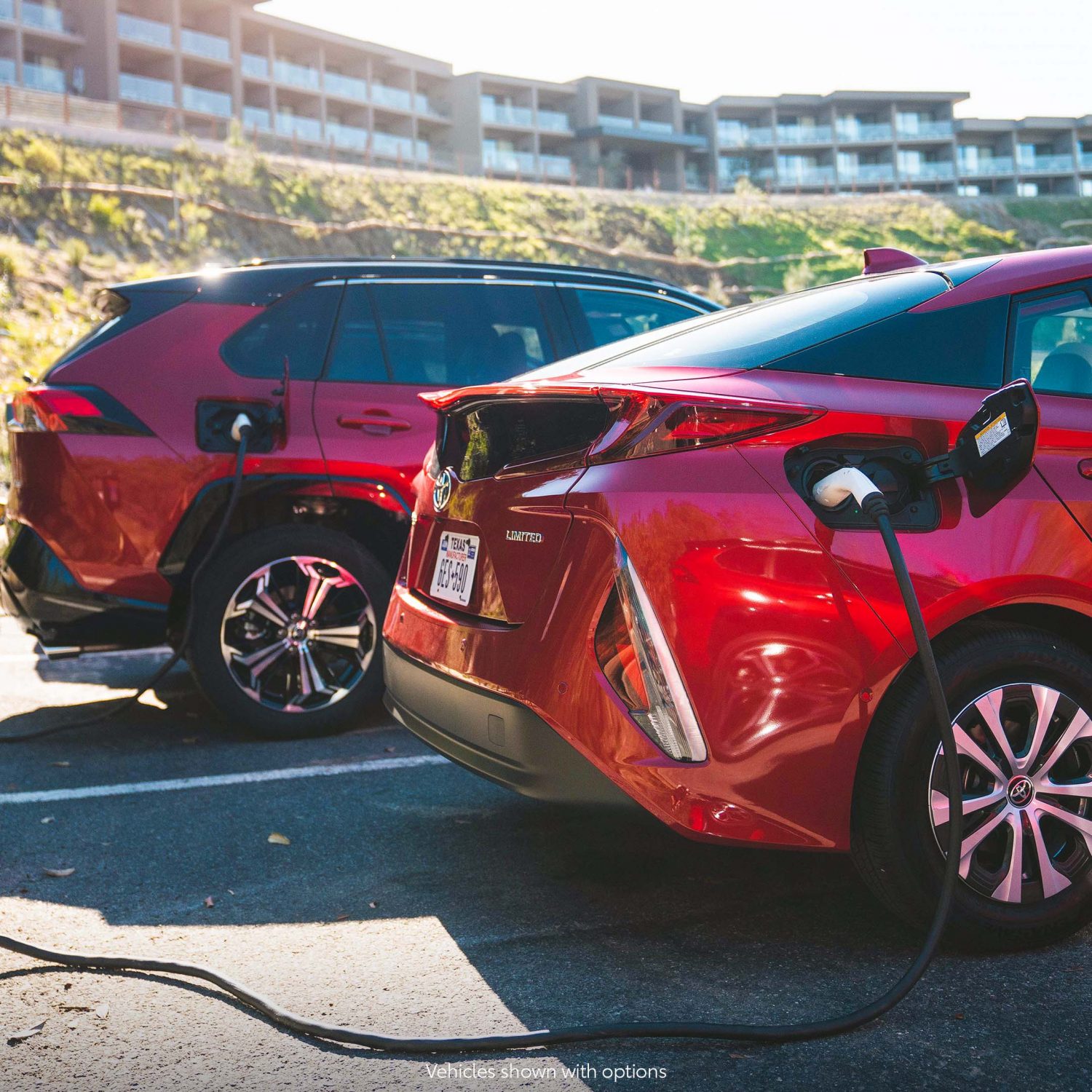
Hybrid and electric vehicles are preferred by almost half of Romanian consumers (46%), who said they would choose such a car, according to the Deloitte 2022 Global Automotive Consumer Study, conducted in 25 countries around the world, SeeNews.com reported.
Of these, the majority (63%) would choose such a car due to the lower fuel cost compared to a petrol or diesel engine. At the same time, 49% were motivated by environmental protection, 47% by personal health, and 40% were attracted by government incentive programmes.

Discover B2B Marketing That Performs
Combine business intelligence and editorial excellence to reach engaged professionals across 36 leading media platforms.
Among the European countries analysed in the study, five showed the number of consumers who intended to buy an internal combustion engine as their next vehicle had dipped below 50%. These five countries were the largest car markets in the region – Germany (49%), France (48%), the United Kingdom (47%), Spain (35%) and Italy (31%). In Romania, the percentage of those who remained loyal to ICE was 50%.
Most Romanian respondents who preferred an electric vehicle would choose a hybrid while only 7% showed interest in battery electric vehicles.
Among the Romanians who intended to buy an electric vehicle, 54% said they would maintain their preference even if the price for electricity used for mobility was similar to current fossil fuels, 38% said they would rethink their decision, and 8% were unsure about this.
The main reasons why Romanian consumers remained reluctant to switch to electric cars were the lack of public charging infrastructure (23%), driving range (16%) and high price (15%). In other European countries, the driving range was the main concern – France (25%), Germany (24%), Italy (22%), Poland (22%), Austria (21%), Belgium (21%), Spain (21%), the United Kingdom (21%).
Most Romanians planned to charge their electric car at home (49%), but an almost equal share (45%) preferred public charging stations. In other European countries, the percentage of those who wanted to charge their electric vehicles at home increased to 81% in the UK, 71% in Austria and 70% in Germany.
“In the first quarter of 2022, the market share of hybrid electric vehicles increased to 25.1% in the European Union, from 21% in the same period of 2021, according to the European Association of Automobile Manufacturers,” said Ciprian Gavriliu, Deloitte Romania automotive industry leader.
“In Romania, sales of hybrid electric vehicles also increased 45% in the same period, and the battery electric vehicles went up by over 400%. The evolution is remarkable, despite the low reporting basis. The mindset change is due both to the increasing awareness among the population of the impact of using the personal car on the environment and to the European authorities’ policies in this direction.
“On the other hand, the waiting time for a new car is getting longer, because of the disruptions in the supply chains over the last two years. This is the reason why in Romania registrations of second hand cars, which are much more polluting, increased by 3.7% (about 400,000 cars), and of the new ones decreased by 4% (121,000 cars) in 2021 compared to the previous year, according to data published by the authorities.
“The trend reversed in the first months of 2022, but the situation remains worrying.”
Deloitte surveyed 26,000 consumers in 25 countries. Over 11,000 were from 10 European countries – Austria, Belgium, Czech Republic, France, Germany, Italy, Poland, Romania, Spain and the United Kingdom.






